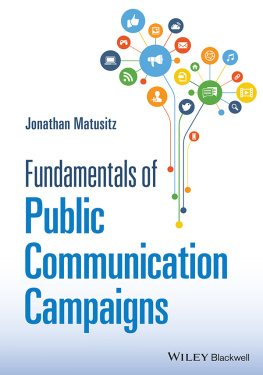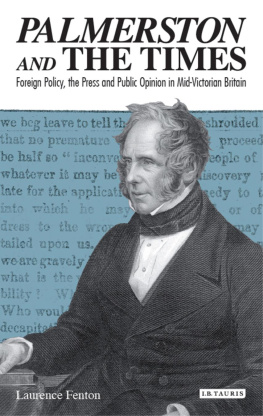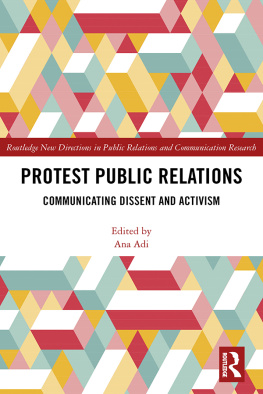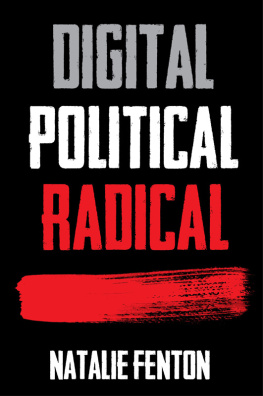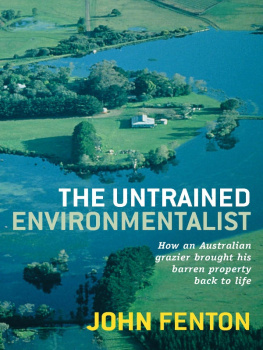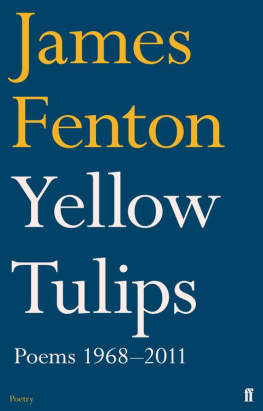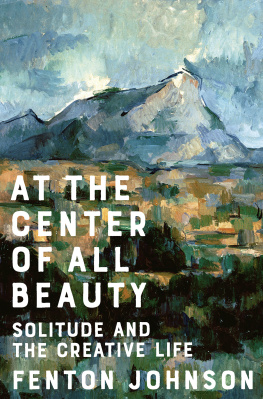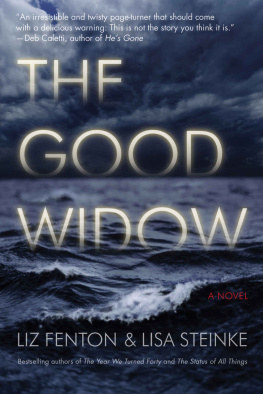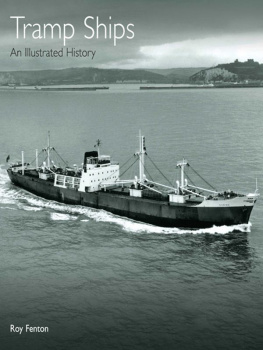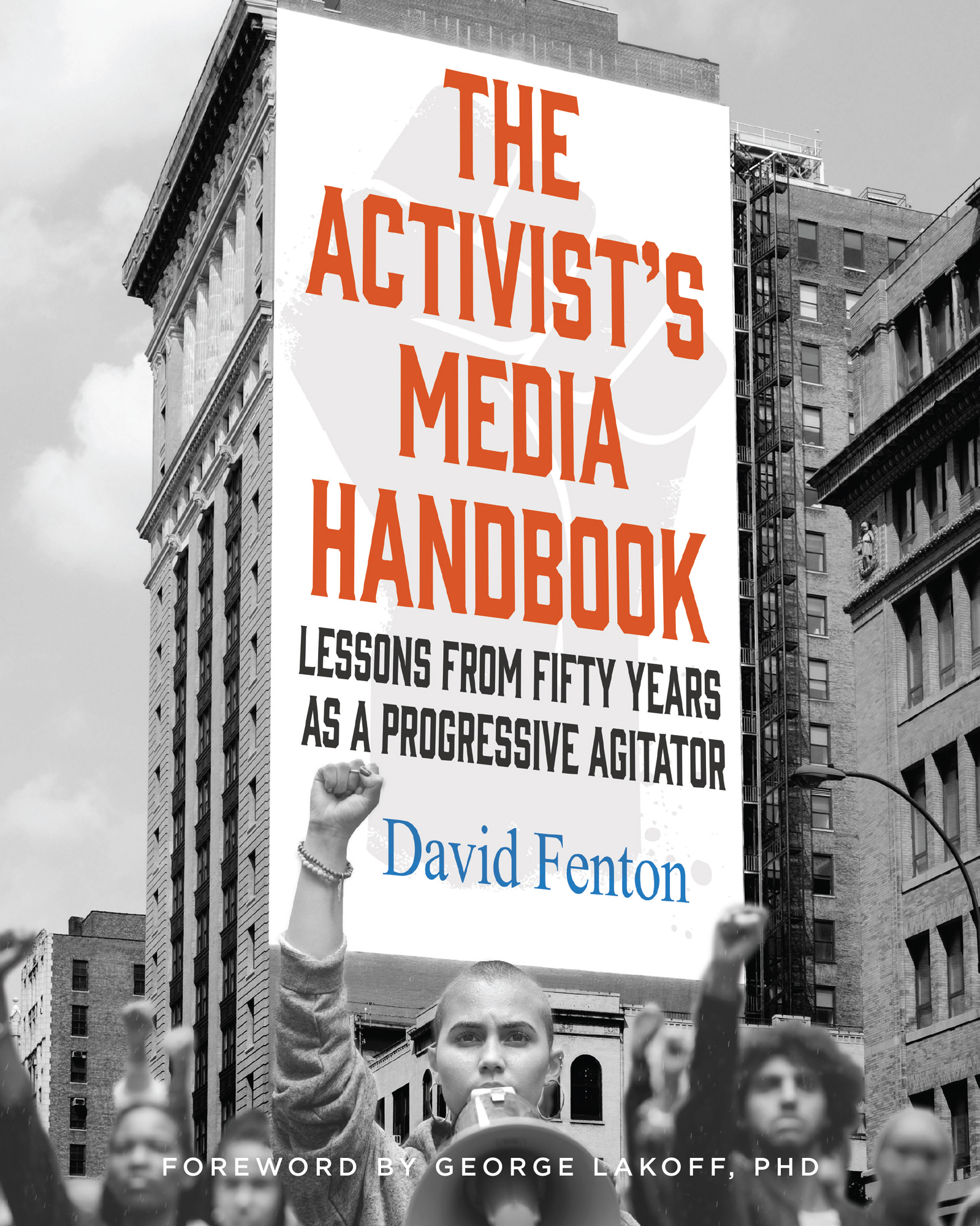CONTENTS
Guide
The Activists Media Handbook
Lessons from Fifty Years as a Progressive Agitator
David Fenton
Foreword by George Lakoff, PhD
Public sentiment is everything. With public sentiment, nothing can fail. Without it, nothing can succeed.
Abraham Lincoln
People can only act on the information made available to them.
Huey P. Newton, cofounder of the Black Panther Party
This book is dedicated to the visionary progressive activists and philanthropists who made my early work possible, including Cora Weiss, Leonard Boudin, David Lubell, Wade Greene, David Hunter, Stanley Sheinbaum, Jay Harris, Peggy Dulany, Carrie Cameron, Randall Robinson, Leni Sinclair, Allen Young, Robert Zevin, and many others.
A special tribute in memoriam to my inspiration and muse, Abbie Hoffman, and to friend, colleague, journalist, and environmentalist, the late Arlie Schardt.
FOREWORD
If progressives lose the future, it will not be due to a lack of good policy ideas. If we lose the future, ceding democracy to authoritarians or bad corporate actors, it will be due mostly to a stunning failure to communicate with people in simple language that connects with them on the level of their moral values. And it will be due to a stubborn rejection of tried-and-true scientific methods of mass communicationsmethods that conservatives have repeatedly deployed to winning effect.
David Fenton spent most of his life trying to convince Democrats and progressives to take the art of communication seriously. Long before others in the progressive movement understood public relations as a core function of social change, David grasped the power of unconscious thought, metaphor, symbolism, and media strategy to shape the public discourse. David understood the importance of presenting issues in a way that taps into the most deeply held values of an audience. All politics are moral politics, and people act in line with their moral identities, not because they agree with a list of policies. Sound bites and slogans mean nothing if they fail to resonate with a persons moral worldview.
With his deep understanding of how communication works, David pioneered the field of progressive PR, helping social change organizations adopt professional communications strategies and tactics to win major victories for truth, freedom, democracy, the people, and the planet. In 1982, he founded the first communications firm dedicated solely to progressive causes.
In this captivating memoir, David provides readers with a personal tour of his journey through recent US history. Starting as a seventeen-year-old photographer with the Liberation News Service (LNS), David had a front-row seat for some of the most tumultuous years of the 1960s. He covered protests against the Vietnam War, the trial of the Chicago Seven, the fight for Peoples Park in Berkeley, and the rise of the Black Panther movement. He documented the sea change in US culture, politics, and music.
Along the way, he learned from both the successes and mistakes of US activist movements. And he never wavered in his determination to tell the truth, challenge powerful interests, and stand up for people.
The lessons David draws from his life as a pioneer of progressive communications remain urgently relevant for activists today. As we confront the rising specter of authoritarianism and economic injusticeas well as the rapid destruction of our common home due to global warming driven by greedy fossil fuel corporationswe must not forget the lessons of the past.
This book is essential reading for anyone who wishes to grasp the lessons of history and understand the crucial role of communications in changing minds and winning progress.
George Lakoff, PhD
G EORGE L AKOFF IS A PROFESSOR EMERITUS OF COGNITIVE SCIENCE AND LINGUISTICS AT THE U NIVERSITY OF C ALIFORNIA AT B ERKELEY . H E IS THE AUTHOR OF D ONT T HINK OF AN E LEPHANT !, M ORAL P OLITICS , AND OTHER BOOKS . H E IS @ GEORGELAKOFF ON T WITTER .

Yoko Ono in Albany protesting fracking, January 11, 2013.
PROLOGUE
YOKO ONO BEATS NEW YORK GOVERNOR ANDREW CUOMO
Its the winter of 2012. Yoko Ono, her son, Sean Ono Lennon, and actress Susan Sarandon get off a chartered bus accompanied by fifteen reporters, several colleagues at Fenton Communicationsthe progressive public relations firm I foundedand me. Everyone piles into a modest home across the street from a loud gas fracking well that is belching fumes. The family who lives there shows everyone into the bathroom, where the Pennsylvania Department of Health has posted warning stickers. These say that the bathroom windows must be left open while taking a shower.
Why? The authorities fear the house might explode from the methane gas coming through the showerhead. The family explains that they had no problems with methane until fracking wells were drilled right next door. Yet gas industry stooges insist the family is lying. The gas endangering them is naturally in the water.
At another nearby home, the family hands Yoko and Sean a plastic bottle full of their disgustingly discolored, dirty-brown tap water. Their polluted wateralso a direct result of fracking. The cameras whirl.
This made news all over the country.
Yoko and Sean had hired Fenton Communications to help pass a permanent moratorium on fracking in New York State. I had never met Yoko, although in 1971 in Ann Arbor, Michigan, she performed with John Lennon at the John Sinclair Freedom Rally I helped organize. She and her son, Sean, arrived at the Fenton office bearing a ton of sushi, and together we developed a plan to pressure Governor Andrew Cuomo to ban fracking for methane gas in New York.
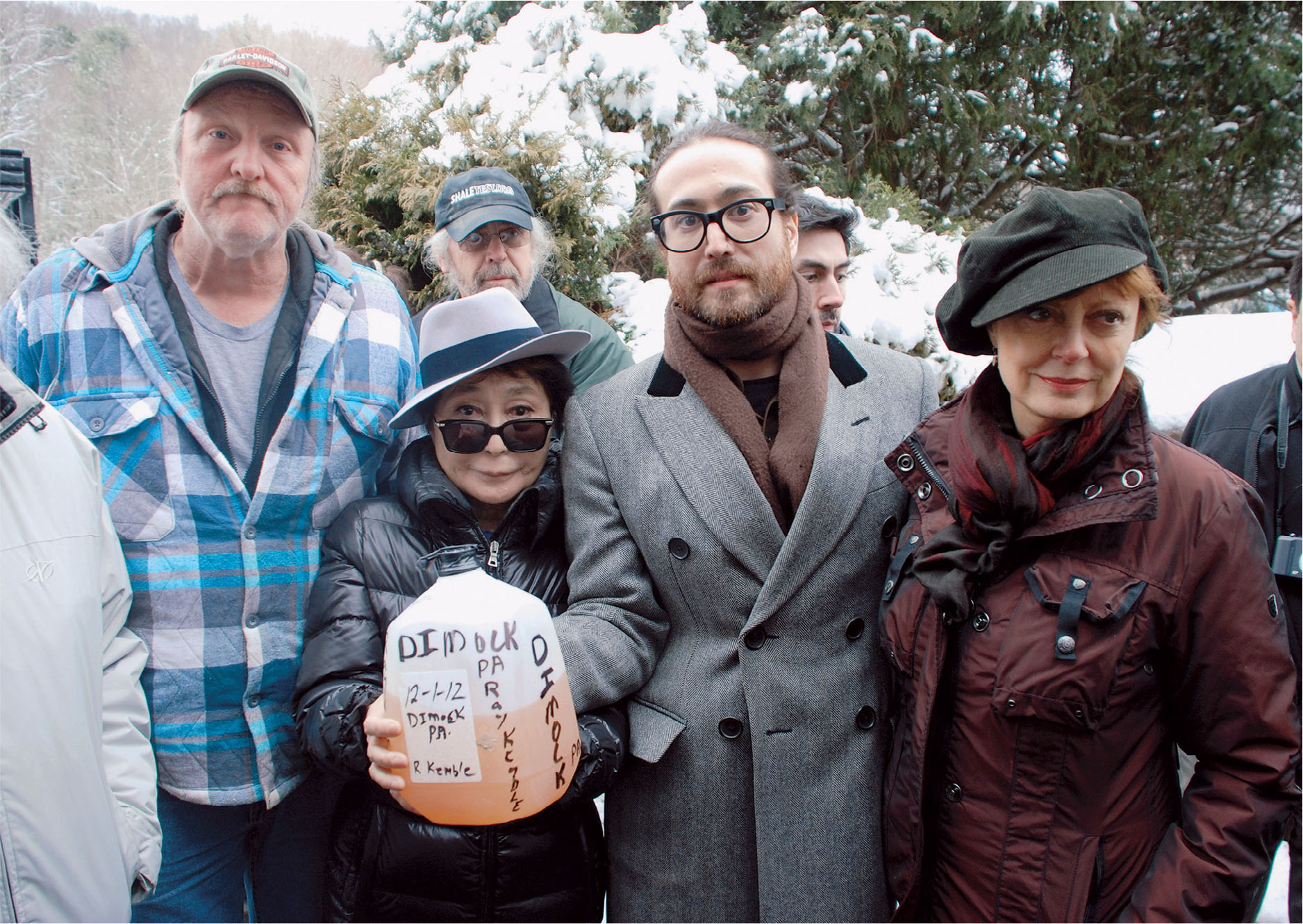
Yoko Ono, Sean Ono Lennon, and Susan Sarandon (far right) hold a bottle of this familys tap water. The home is near a fracking well in Pennsylvania.
Notice I didnt say natural gas. The word natural evokes a positive image in the brainand in a world threatened by climate change, theres nothing natural about methane. This so-called natural gas is actually poison. It heats the planet and must be phased out rapidly. Research clearly shows that calling it, accurately, methane gas results in much more public concern.
Yoko and Sean became active after discovering that a planned new pipeline for fracked gas would run near their home in Upstate New York. Learning more about the many problems with fracking, they decided to act. They reached out to many other celebrities, including Paul McCartney, and formed Artists Against Fracking.
They werent the only ones to oppose fracking. For some time, a grassroots antifracking movement had been working hard to prevent the practice in New York. When the celebrity artists joined in, the effort attracted far more attention. In time, the combination of both won the day.
At a conference a few years before, I had watched Dr. Anthony Ingraffea of Cornell University demolish industry myths about fracking, the process by which rocks deep underground are fractured to release the methane gas trapped within. A former oil and gas industry engineer, he clearly showed that, over time, a large percentage of fracked wells leak. This releases toxic chemicals and methane gas into underground water supplies. It also sends methane directly into the atmosphere, where it is a highly potent greenhouse gas. Methane traps almost one hundred times more heat on Earth than carbon dioxide for the first twenty years, which is all we have to save our climate. Professor Ingraffea explained whythe thin layers of cement used to line the fracking wells deep under the earth inevitably crack from pressure and temperature changes. And at those depths, nothing can be done to fix the inevitable leaks.


